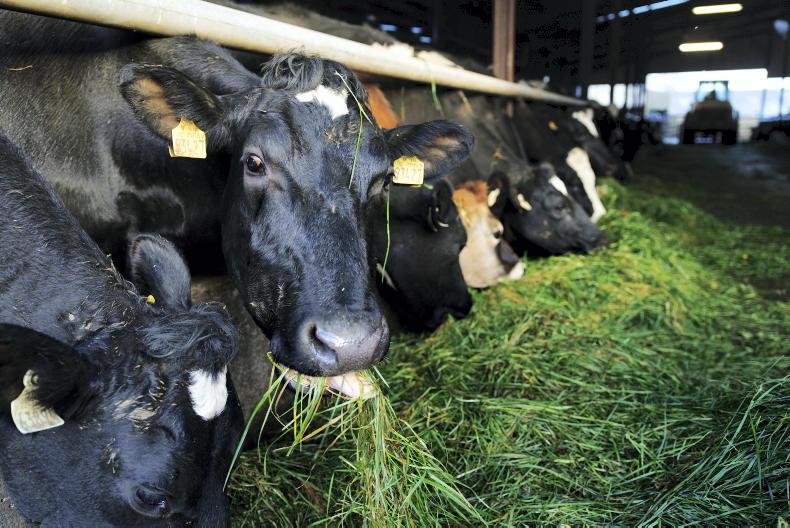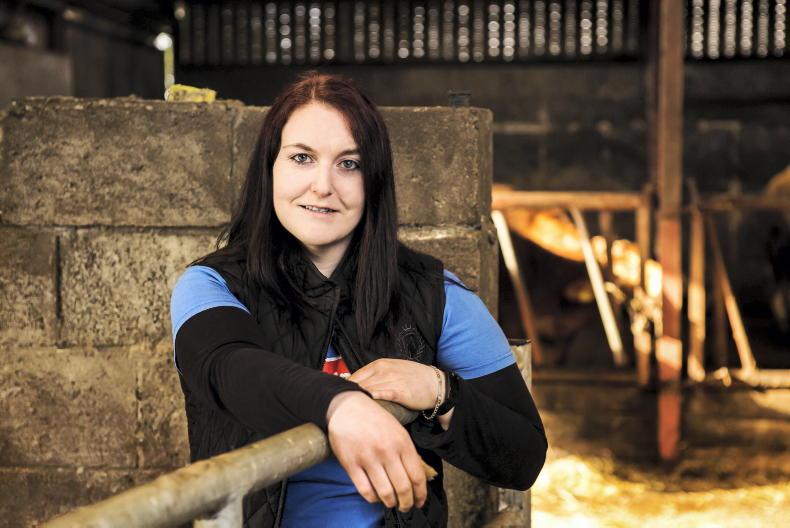The New Zealand government has passed an ambitious piece of legislation aimed at making the island country carbon neutral by 2050.
The zero carbon bill was passed with near-unanimous support in the New Zealand parliament on Thursday, despite significant opposition to the bill from New Zealand farmers.
Specific targets
The bill enshrines into law specific targets for reducing greenhouse gas (GHG) emissions in New Zealand.
Importantly, the legislation has two separate plans for reducing emissions. One for reducing methane, which is produced by cows and sheep, and another for reducing all other greenhouse gases to net-zero by 2050.
The bills sets a target of reducing methane emissions by 10% from 2017 levels by 2030 and a further target of reducing methane emissions by between 24% and 47% by 2050.
Just like in Ireland, agriculture is the largest source of GHG emissions in New Zealand where the farming sector accounts for 50% of all emissions.
The 2050 reduction target of between 24% and 47% for biogenic methane remains eye-wateringly hard for farmers to achieve
New Zealand farmers have strongly opposed the legislation because they feel the methane targets are too stringent.
“The 2050 reduction target of between 24% and 47% for biogenic methane remains eye-wateringly hard for farmers to achieve and correspondingly dire for our economy to withstand,” said Federated Farmers vice-president Andrew Hoggard.
Penalties
Farm organisations in New Zealand have said the only way the agriculture sector could meet the top end of the target (47%) would be to halve the number of livestock in the country.
Fonterra, the farmer-owned dairy processor, had called for a target of 24% reduction in methane emissions by 2050.
New Zealand Prime Minister Jacinda Ardern said farmers could face financial penalties or fines if they don’t begin to reduce emissions.
Ardern said New Zealand farmers had five years to begin reducing GHG emissions or the government would introduce financial penalties as early as 2022.









SHARING OPTIONS